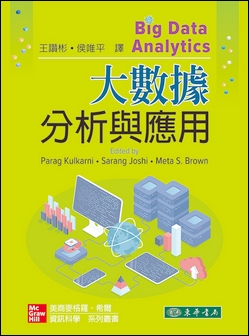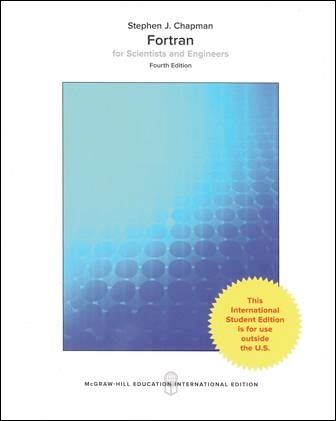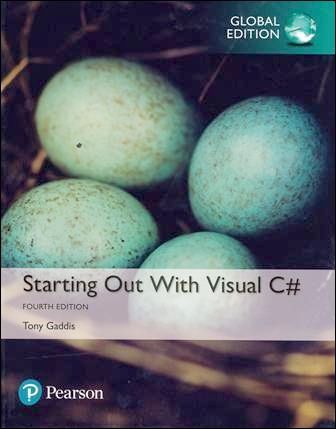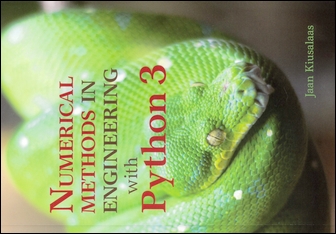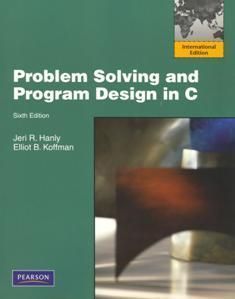書籍分類
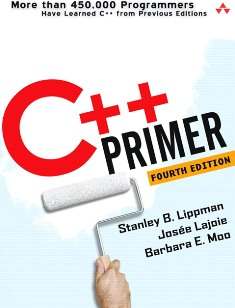
C++ Primer 4/e
作者:Stanley B. Lippman, Josée Lajoie, Barbara E. Moo
原價:NT$ 1,200
ISBN:9780201721485
版次:4
年份:2005
出版商:Pearson Education
頁數/規格:885頁
版次:4
年份:2005
出版商:Pearson Education
頁數/規格:885頁
內容介紹 本書特色 目錄 作者介紹
- Description
C++ Primer, Fourth Edition has been completely revised and rewritten to conform to today's C++ usage. Students new to C++ will find a clear and practically organized introduction to the language enhanced by numerous pedagogical aids. The fourth edition represents a complete restructuring and revision of the Primer. The authors’ motivation in this edition is to teach effective styles of modern C++ programming. To this end, they introduce the Standard Library and generic programming much earlier in the text. Many examples have been reformulated to take advantage of library facilities. Their focus is to show how to use the standard library abstractions rather than the low-level facilities built into the language. They've also streamlined and reordered the presentation of language topics.
Each chapter also contains a Summary section outlining the important topics covered in that chapter. Extensive forward and backward cross-references are provided to make it easier to follow the interrelationships among various features and concepts. Occasional sidebar discussions are also provided to highlight important concepts, general advice or cautions. The authors have also incorporated a series of short sections that denote particularly important points, warn about common pitfalls, suggest good programming practices, and provide general usage tips.



